@Nablai's Nebula
Welcome to the latest Nablai's Nebula, courtesy of Nablai, where you can get all the hottest sub-genre-relevant info and inspiration you need!
---
It's May already. Look how fast time flies. How's everyone holding up in this global pandemic? Hope all of you are okay. A wise man once said, "And this too, shall pass away."
There's always light at the end of the tunnel. No matter how long it takes, we are there with you—every step of the way.
This issue we thought of something different—a topic to lift your minds off the stuff going on through the world. So, without any further delay, we present you: Utopian SF.
Many of you are familiar with dystopia. Utopia, dystopia's lighter, optimistic twin, can be just as gripping and provocative. Even though dystopia makes for more drama and exploration than the tranquil, laid back Utopia—but as everyone knows, still waters run deep.
So, where did Utopia originate?
Technically, the word Utopia is derived from Sir Thomas More's learned satire Utopia (1516), written in Latin—the title is based on a pun of the Greek words eutopia (good place) and outopia (no place) shed an analytic light on 16th-century England along rational, humanistic lines. More set out a vision of an ideal society. As the title suggests, the work presents an ambiguous and ironic projection of the ideal state.
An earlier example of a Utopian work from classical antiquity is Plato's The Republic, in which he outlines what he sees as the ideal society and its political system. Later examples can be seen in Samuel Johnson's The History of Rasselas, Prince of Abissinia and Samuel Butler's Erewhon.
Utopia portrayed an ideal society in a hypothetical no-place so that More would be perceived as undertaking a thought experiment, giving no direct offense to established interests.
Along the centuries, utopias have been attractive primarily to the political thinkers who have little success with their rights within the power structures of the day. Under these aggravating conditions, a perception that airs hidden discontent can strike with revelatory force and touch base with the people which in turn spread the concept.
Utopia is a paradise, it is a place that personifies perfection. Science Fiction frequently asks the question, "What would an Utopia look like?"
Well, Utopia is realized when humanity becomes sufficiently advanced that war and other unpleasant things are no longer needed and technology has dispersed with everything disagreeable in the society. And when the advancement of scientific knowledge transforms society at large. Indeed, there are several early pulp adventure stories set in Utopian futures. However, Sci Fi as a whole, tends towards unease and the Dystopia. A true Utopian life is rather boring, where further progress is impossible.
Utopia can range from castles-in-the-air, blissful Shangri-Las, provocative satires, pulp fiction to political rants thinly disguised as novels. Society's esteem for utopian thinking has fluctuated with the times. The failure of communism across the world caused a record of utopian work to shift immensely in value from sober social engineering to being irrelevant.
Utopias thrived amidst the 19th century's passion with scientific progress. Philosophers like Karl Marx thought that historical forces and the steady accumulation of rational knowledge would someday yield the ultimate objective for history.
According to this mindset, the contemplative futurist only needs to spot and nurture tomorrow's dominant progressive trends and destroy the feudal superstitions of false consciousness; then social perfection would surely arrive as fast as possible.
There were quite a couple of fictional successes along the Utopian lines which include Edward Bellamy's Looking Backward (1888), German politician Walther Rathenau's technological utopias Von Kommenden Dingen (In Days to Come-1917) and Der neue Staat (The New Society-1919).
Prominent among them is H.G. Wells works such as A Modern Utopia (1905), Men Like Gods (1923), The Open Conspiracy: Blue Prints for a World Revolution (1928), and The Shape of Things to Come (1933).
We also have the concept pastoral utopia which contradicts the technological utopia envisioned by Wells. Pastoral utopia turns its back on technology to seek a timeless world of stability and peace. It generally functions as an imaginary refuge from the technological forces that are so visibly warping the author's real-world landscape. Pastorals tend to be quiet, thoughtful village retreats devoid of smokestacks, newspapers, bank loans, and annoying traffic jams. Major works include Morris's News from Nowhere, Samuel Butler's satiric Erewhon (1872), James Hilton's Lost Horizon (1933; films 1937 and 1973), Aldous Huxley's psychedelic Island (1962), and Ernest Callenbach's green postindustrial Ecotopia (1975).
There's the feminist utopias which contrasts the present with an envisioned idealized society (separated from the present by time or space) or offer a comprehensive critique of present values and conditions. It sees men or male institutions as a major cause of present social ills or presents women as not only at least the equals of men but as the sole arbiters of their reproductive functions.
Last but not the least, I present a couple of Utopian stories for your perusal.
1. MEN LIKE GODS BY H.G. WELLS
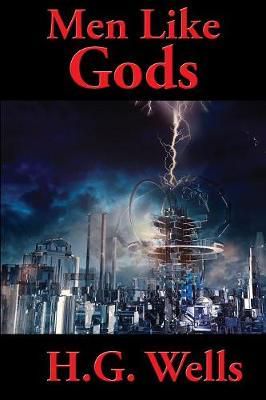
One of the all-time classics, Wells detours from his usual stories filled with vivisection and Morlocks to an idyllic utopia in this narrative that features a well organized, peaceful anarchy. Does "peaceful anarchy" sound too good to be true? It might be. Utopia comes with with no guarantee of a happy ending.
2. THE DISPOSSESSED BY URSULA K. LE GUIN
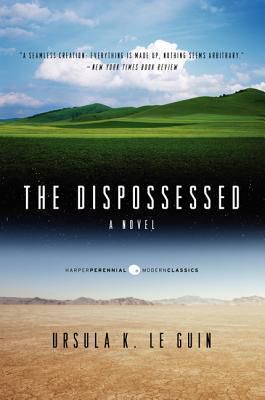
Genre giant Ursula K. Le Guin writes this Hugo and Locus Awards-winning novel with her typical anthropological eye. Here, she borrows from various government systems to explore political ideologies and build a fully realized advanced society of her own invention.
3. THE BLIND ASSASSIN BY MARGARET ATWOOD
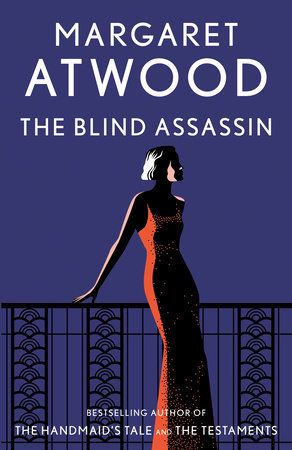
This novel is considered literary fiction, but it's got several colorful stories-within-stories about alien planets and societies. One such detour concerns a perfect utopia filled with food and eager, voluptuous women who cater to their every desire. The catch: once they're inside, they can never leave.
4. IONIA: LAND OF WISE MEN AND FAIR WOMEN BY ALEXANDER CRAIG
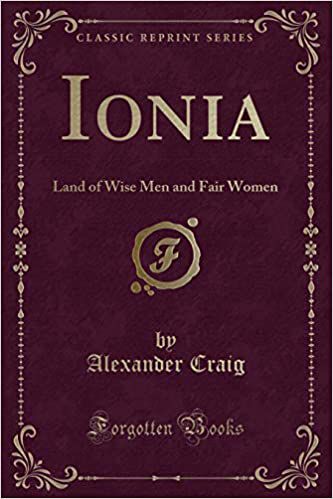
The utopia in question in this 19th- century classic is a hidden country in the Himalayas, untouched by the outside world. Citizens are descended from — who else? — the Greeks, and are simultaneously mannered intellectuals and zen farmers.
5. LOST HORIZON BY JAMES HILTON
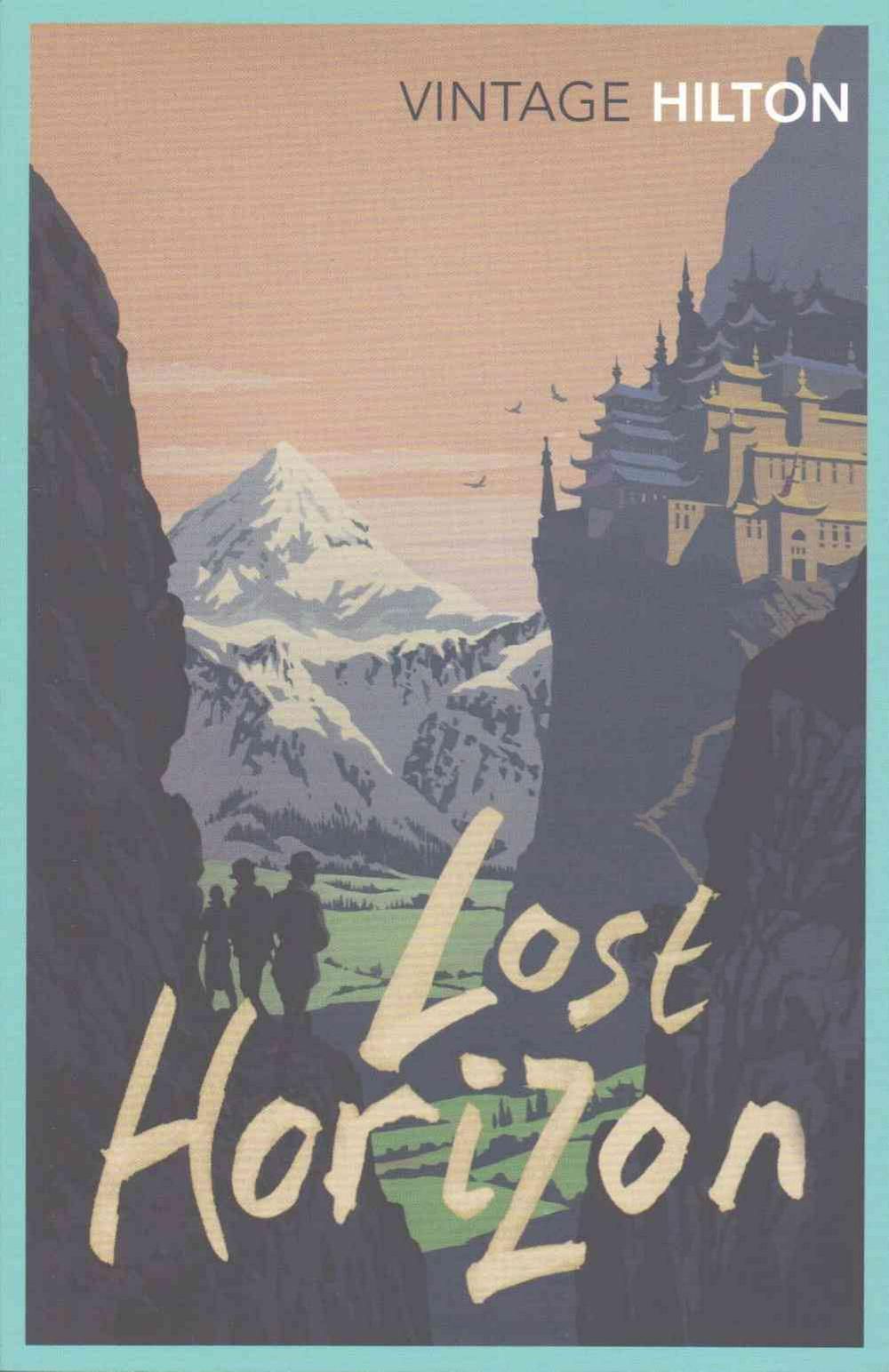
This classic introduces the famous fictional city of Shangri-La, a slightly more modern and Eastern-influenced Atlantis that pop culture has referenced countless times since.
There are many more stories and I've shared but a few. If you have your favourite Utopian stories, feel free to share them in the comments below. I love to know more!
This is all for now. Till we meet again the next month--my best wishes are with you. Stay safe, my friends! ❤
Take care, Nab =]
Bạn đang đọc truyện trên: AzTruyen.Top